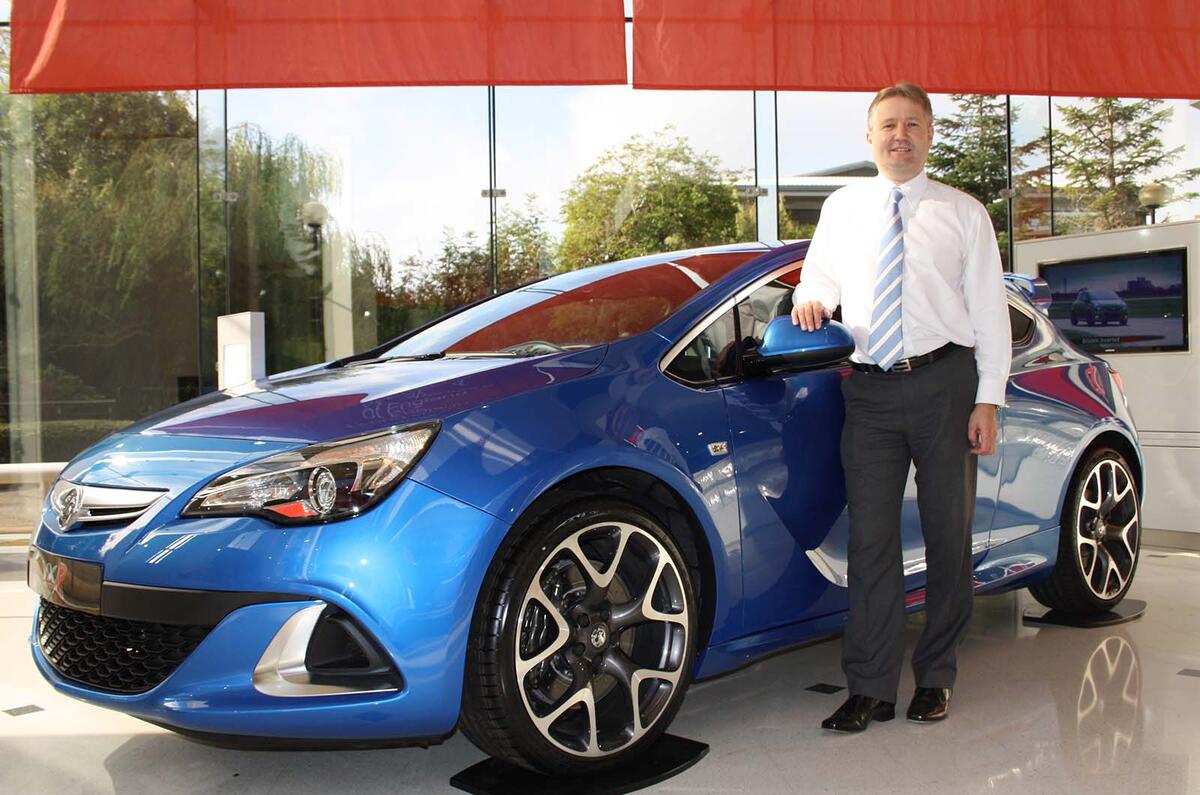Vauxhall’s decision earlier this year to cut 400 jobs at its Ellesmere Port plant was “nothing to do with output or performance”, according to Vauxhall boss Rory Harvey.
He attributed the move to “segment shifts" across Europe, highlighting the growing trend for SUVs in place of models such as the Vauxhall Astra, which is built at Ellesmere Port.
Vauxhall axing 400 jobs at Ellesmere Port
The news in October that the plant near Liverpool would scrap 400 roles came three months after French car maker PSA Group, which also owns Citroën, DS and Peugeot, completed its acquisition of Vauxhall and its European counterpart Opel.
At the time, PSA said manufacturing costs at Ellesmere Port were higher than other "benchmark plants" in the group.
The facility will move staff from two production shifts to one in early 2018.
PSA Group purchase of Opel and Vauxhall completed
Since then, PSA and Vauxhall/Opel has announced a turnaround plan that includes launching all cars on PSA platforms and setting the goal of keeping all current plants – including Ellesmere Port and Luton in the UK – open, although potentially on altered terms.
Harvey said today: “I'm very excited in terms of what's going on. There's a lot of transition, a lot of change. But if you look at some of the fundamentals now, we're moving very swiftly.
“One thing that isn't necessarily a positive, but happened on a voluntary basis, is that we took some cost out of the plant at Ellesmere Port and some people put their hand up to help us get to where we need to.
"That's nothing to do with output or performance, but segment shifts in the market throughout Europe. When you've got one product on a line, if you get shifts in market you have to align your resources.”
Harvey continued: “I've been a Vauxhall employee for 28 years and it feels a bit different to have a new owner. But we have to get on the front foot and we have to get the business turned around, and we have to get ourselves in a competitive position. Vauxhall has a great heritage.”
He also acknowledged that next year will be a challenge for the car industry in terms of sales, with uncertainty this year likely continue.
Talking about 2018, Harvey said: “We think Q1 may be down on this year, and Q2-4 will be flat.”
Read more:
Vauxhall Astra review
Vauxhall Corsa review








Join the debate
Add your comment
So what happened to Vauxhall/Opel engineers?
Have they kept any of the R&D?
Because although Vauxhall/Opel struggle with image I think some of their recent products have been pretty good. The Astra is a decent car (and I hated the last few iterations). Conversely a lot of PSA's current range are pretty so-so...
Shame they dont still own Saab, as it'd be an easier premium brand to relaunch than the risible DS.
I still dont get the benefit of owning several low perceived prestige/high depreciation brands.
Hmmmmm....?
Don’t know if anybody has said this before but, with Cars eventually being Electric, less moving parts, will there be more redundancies...?